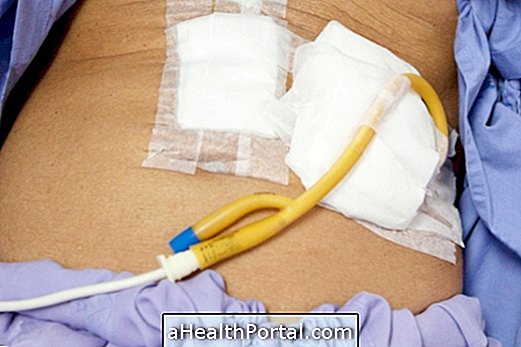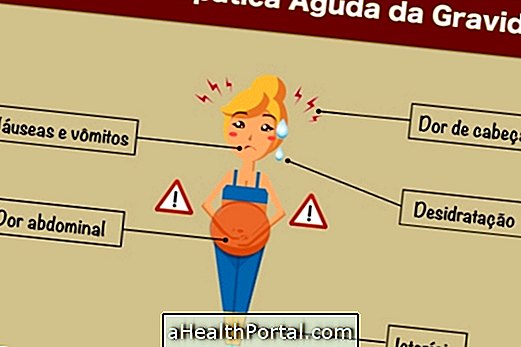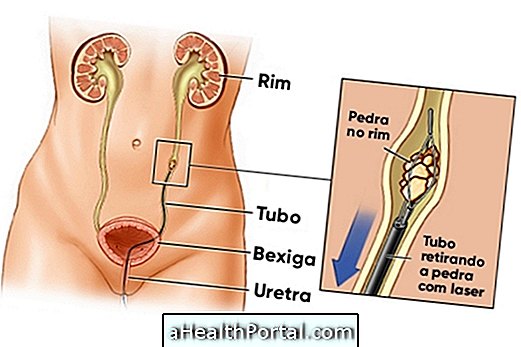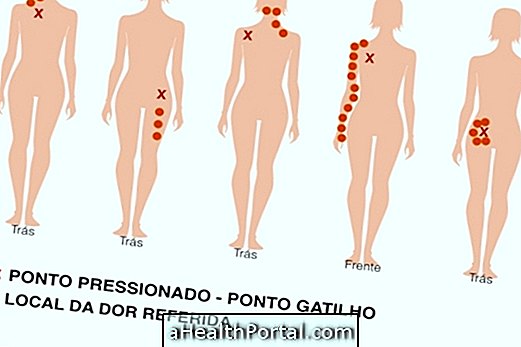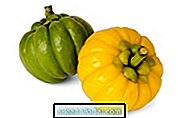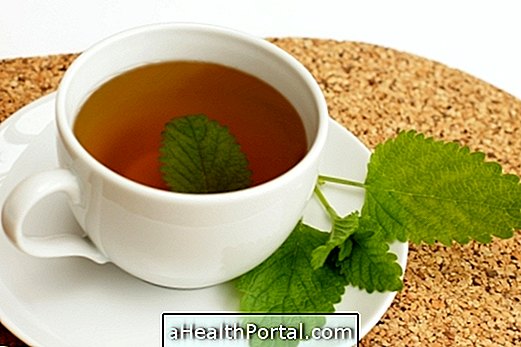Colitis is an intestinal inflammation that causes symptoms such as alternation between periods of diarrhea and constipation, which can be caused by food poisoning, stress or bacterial infections. Because of its many causes, colitis can be divided into several types, the most common being ulcerative, pseudomembranous, nervous, and ischemic.
The treatment is done according to the cause, but usually the gastroenterologist indicates the use of medicines that relieve the symptoms, such as Ibuprofen or Paracetamol. In addition, it is important to have a nutrition prescribed by a dietitian for colitis to prevent irritation of the intestine and the onset of more lesions.
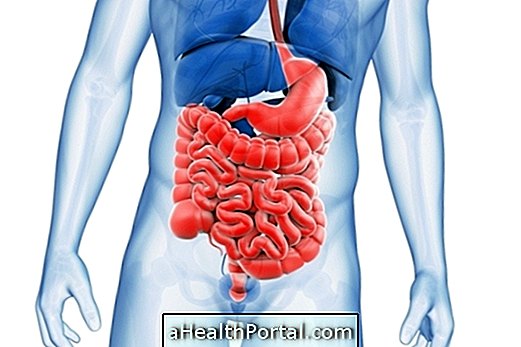
Types of colitis
Colitis has several causes, which can happen due to stress, anxiety, infection by viruses, bacteria or fungi, inflammations or allergic reactions to food, for example. Thus, colitis can be classified according to the cause, and the main ones include:
1. Ulcerative colitis
Ulcerative colitis is an inflammation of the intestine characterized by the presence of various ulcers in the intestinal wall that cause a lot of discomfort. Ulcers can appear along the intestine, in isolated parts or in the final part. In addition to the presence of ulcers, there may be diarrhea with mucus and blood, abdominal pain and fever.
The cause of ulcerative colitis is still unclear, but it may happen because of genetic factors, often related to the immune system, and to infections by viruses or bacteria. Learn more about ulcerative colitis.
When ulcerative colitis is quickly identified, the gastroenterologist is able to treat rapidly and eliminate the cause and wounds, however, with the progression of inflammation, the lesions become irreversible. In addition, people who have untreated ulcerative colitis are more likely to have colorectal cancer. See the symptoms of colorectal cancer.
2. Pseudomembranous colitis
Pseudomembranous colitis is characterized by diarrhea with very fluid consistency, severe abdominal cramps, fever and general malaise, and is most often associated with the use of antibiotics such as Amoxicillin and Azithromycin. This type of colitis is also associated with the presence of the bacterium Clostridium difficile, which produces and releases toxins capable of injuring the walls of the intestine. Understand more about pseudomembranous colitis.
3. Colitis nervosa
Nerve colitis, also called irritable bowel syndrome, is more common in young people and is caused by psychological conditions such as stress and anxiety, for example, which makes the bowel more sensitive and favors the occurrence of injuries. This type of colitis is characterized by pain, abdominal swelling and excess gas. Here are the main symptoms of irritable bowel syndrome.
Ischemic colitis
Ischemic colitis is closely related to a person's lifestyle, because its main cause is the clogging of the main arteries of the intestine by the presence of fat plaques, which leads to ulcer formation, abscesses, and swelling, in addition to increasing the likelihood bleeding. In this way, the best way to avoid ischemic colitis is to improve eating habits and exercise.

Main symptoms
The main symptoms associated with colitis are:
- Abdominal pain;
- Alternation between periods of diarrhea and constipation;
- Presence of mucus in stool;
- Stools with blood;
- Fever;
- Chills;
- Dehydration;
- Presence of sores in the mouth, in some cases;
- Gases.
The diagnosis of colitis is made by the gastroenterologist after the onset of the first symptoms through examinations such as computed tomography, X-ray, colonoscopy with biopsy or opaque enema, which is an x-ray and contrast conditions of the large intestine and rectum. Understand how the opaque enema test is done.
How is the treatment done?
The treatment for colitis is done with the aim of relieving the symptoms, being often prescribed by the doctor the use of Paracetamol or Ibuprofen, for example, to relieve the abdominal pains and to diminish the fever. Also, depending on the cause, your doctor may indicate the use of antibiotics, such as Metronidazole or Vancomycin. Learn more about treatment for colitis.
Some recommendations for the treatment of colitis are to avoid eating raw foods and chewing foods very well. If the symptoms persist, it will be necessary to make a liquid diet, to take vegetable juices like beet juice or cabbage, for example. It is also very important to increase the bacterial flora by eating more probiotic foods such as yogurts and fermented milks, for example. See how the diet for colitis is made.
Treatment for colitis can also be done with the use of medications to stop diarrhea and improve the absorption of nutrients by the intestine, in addition to the intake of dietary supplements, but always under medical guidance.
Option of home remedy for colitis
A great home remedy for colitis is apple juice, which is a good source of fiber and water, relieving the intestinal mucosa and decreasing the symptoms of colitis. See this and other recipes for home remedies for colitis.



